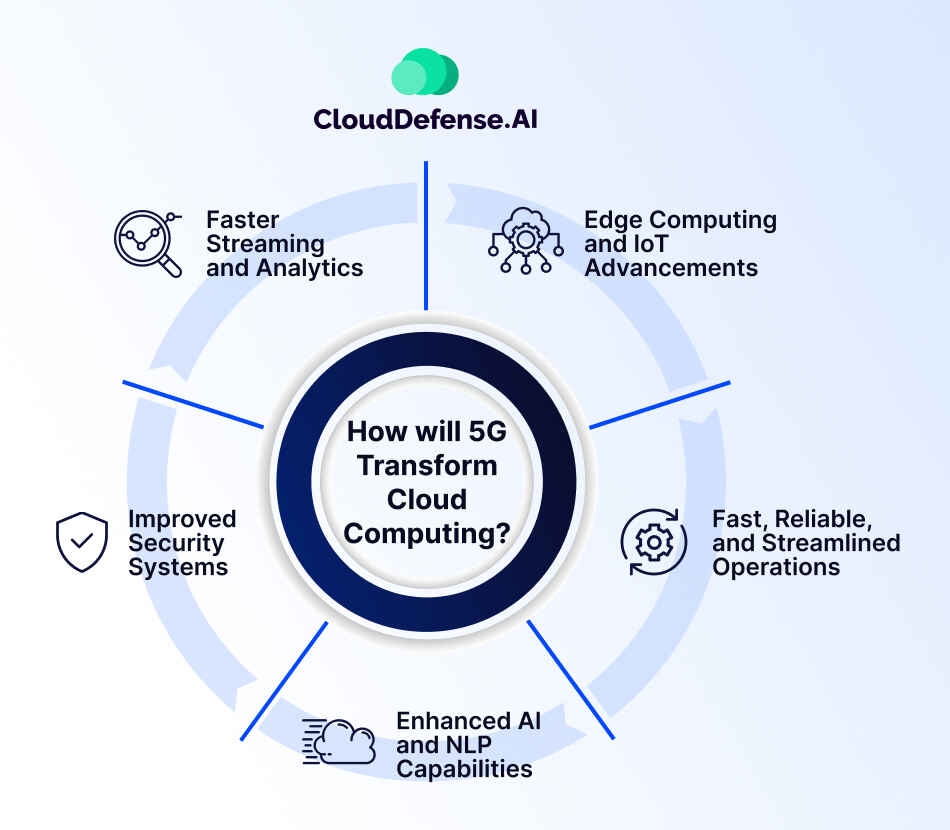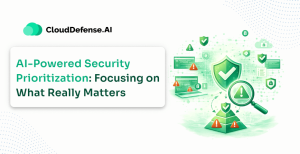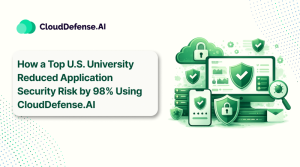Get ready for a business revolution as 5G technology steps onto the stage, set to transform the landscape of cloud computing. The buzz surrounding 5G is signaling a monumental shift in network and communications. This claim is further supported by Ericsson’s 2023 Mobility report, which predicts that 1.6 billion people worldwide will have 5G connectivity by the end of 2023.
With transmission speeds up to 100 times faster than 4G, more people are scrambling to get their hands on the new tech. As industries, from healthcare to automotive, gear up for the wave of possibilities that 5G brings, one sector stands out as a clear beneficiary – cloud computing.
Businesses, especially those heavily reliant on the cloud, are eagerly anticipating the impact of 5G. With promises of low latency, high speeds, and expanded capacity, the bond between 5G and cloud computing is about to revolutionize IT infrastructures, boosting digitization at an unprecedented pace.
In this article, we delve into the details, exploring all the effects of 5G on cloud computing and how it is set to reshape the digital domain.
What is 5G?
5G, or the fifth generation of wireless technology, represents the latest advancement in mobile communication standards. It succeeds 4G (LTE) and promises significantly faster data speeds, lower latency, and increased capacity for wireless networks.
It brings faster data speeds, less waiting time, and a stronger wireless network. It’s expected to be 100 times faster than the previous generation, aiming to change how we connect. Reducing the delay in sending and receiving data makes real-time communication and applications like augmented reality and virtual reality smoother.
With a higher frequency spectrum, 5G can support a larger number of connected devices, a crucial aspect of IoT devices and smart technologies. Additionally, its design ensures more reliable and stable connections, even in densely populated urban environments.
Why does 5G matter for Cloud Computing?
5G is being significantly prioritized as it addresses the demands of a highly distributed world dominated by cloud computing, edge devices, and remote work. The relationship of 5G with technologies like edge computing, O-RAN, and SD-WAN/SASE facilitates seamless connectivity across the Cloud, from public clouds to edge devices and everything in between.
This not only supports the current trend of businesses migrating to the cloud but also sets the stage for impacts on various industries. The transformative influence of 5G on the economy is already evident. It creates new industries and business models, unlocking higher bandwidth, near real-time responses, and the potential of IIoT, Industrial Internet of Things
5G enhances economic output and consumer willingness to pay for goods and services by improving productivity, reducing costs, and optimizing service quality. With the ability to enable rapid data-driven decision-making, 5G is estimated to contribute significantly to economic growth, with projections suggesting substantial additions of $1.5 trillion to the US and €1 trillion to the European GDP over the next five years.
How Does 5G Make Cloud-based Computing Better?
The introduction of 5G technology has helped change the game for mobile cloud applications in various industries like healthcare and banking. The faster and more reliable 5G is making a big difference. Businesses using unified communications benefit from faster and more reliable service. Everyday mobile apps, which rely on the cloud, now run smoother and faster, unlocking their full capabilities.
5G’s quick response time gets rid of the slowdowns we used to see with 4G, allowing new ideas to flourish. Companies that provide cloud services can easily connect with business mobile users and offer them more options. Now, thanks to 5G, using virtual machines on phones is common, making communication between machines smoother. This also helps people working from far-off places, even where it’s hard to get a good internet connection.
How will 5G Transform Cloud Computing?
As mentioned, 5G is changing how cloud computing works by improving internet connections. In a world that’s using virtual ways of doing things more and more, 5G is a big deal. It’s fixing problems with how fast information travels and the delays companies face. For businesses dealing with a ton of data every day, 5G and cloud computing together make things faster, store more data, and improve how the cloud works overall.

The transformational impact of 5G on cloud computing is visible in various ways:
Faster Streaming and Analytics
Cloud-based computing driven by 5G facilitates real-time data streaming and storage, promoting virtual business operations and reinforcing productivity through uninterrupted data flow.
Edge Computing and IoT Advancements
5G is important in Industry 4.0 by promoting progress in edge computing and the Internet of Things (IoT). It sparks advancements in automation, intelligent technologies, and revolutionary applications like autonomous cars, smart cities, and telehealth, increasing the effectiveness of mobile and remote devices by many folds.
Fast, Reliable, and Streamlined Operations
The efficiency of industrial operations is vastly improved as 5G reduces the cost of Big Data analytics. This is particularly essential for the processing and analyzing large amounts of sensor data in real time, managing cost, and ensuring operational efficiency.
Enhanced AI and NLP Capabilities
5G acts as a key factor in unleashing the full power of important technologies like Artificial Intelligence (AI) and Natural Language Processing (NLP). With strong 5G networks, AI gets better, ensuring the right data transmission speed for AI- and NLP-based applications to work well.
Improved Security Systems
Amazing as it may sound, 5G makes data transfer smooth and fast and tackles security worries in cloud computing. It boosts data security, reduces cyber threats, and offers protection against possible misuse. This is especially important today when cyber-attacks can seriously harm a company’s data, reputation, and brand image.
How can Businesses Using Cloud Computing Prepare for 5G?
Businesses should prepare for the big changes 5G technology will bring by trying out new experiences, saving money, and being more productive. They can also develop new products and ways to make money using the Cloud Continuum. Using 5G is good for business and helps with sustainability because it uses less energy than old networks, cutting down on carbon emissions and energy use.
In sectors like manufacturing, healthcare, and natural resources, companies are already advancing in their 5G journeys. To integrate 5G into sustainability strategies, businesses can capitalize on its potential for connected and automated farming, intelligent energy grids, and enhanced remote healthcare and surgeries. In manufacturing, automation and digital twins enabled by 5G, fiber, and cloud contribute to energy savings.
Agriculture benefits a lot from 5G-enabled real-time monitoring to limit environmental impact, while utilities can optimize energy grids using 5G for real-time monitoring, sensors, and drones, reducing emissions and predicting faults. 5G, coupled with Cloud computing, opens avenues for greener, safer, and more efficient business operations.
Impact of 5G on Cloud and Data Centers
The impact of 5G on cloud and data centers is visible in strategic collaborations and innovations by major companies, signaling a surge in demand for these services. Here are a few instances.
- Telecom Italia (TIM) and Google’s cooperation, initiated in March 2020, focuses on cloud and edge computing services, with TIM aiming to generate €1 billion from cloud services by 2024.
- Amazon Web Services (AWS) made a significant move in December 2021 by launching AWS Private 5G, a managed service automating the setup of private 5G networks, boosting device connectivity with small cell radio units and servers.
- A partnership between Etisalat and Microsoft, forged in October 2021, leverages Azure Multi-access Edge Compute to unleash 5G scenarios, establishing plug-and-play infrastructures for industry solutions.
- In September 2021, IBM and Telefónica joined forces to deploy UNICA Next, Telefónica’s first cloud-native 5G core network platform, through the integration of IBM intelligent automation technologies.
- The Data Center market is predicted to grow substantially, with a projected strong Compound Annual Growth Rate (CAGR) of 12.73% from 2022 to 2027. This surge is expected to propel the market size to a forecasted increase of USD 329.82 billion, and 5G has a huge role to play in this
These collaborations show us the transformative potential of 5G in reshaping the landscape of cloud and data center services.
FAQ
How have Cloud and 5G helped?
Cloud and 5G have transformed connectivity, enabling faster data processing, real-time communication, and scalable services. The cloud facilitates smooth collaboration and storage, while 5G’s speed and low latency enhance mobile experiences, making both instrumental in driving innovation, efficiency, and connectivity across various industries.
What is cloud technology leveraged for in 5G?
Cloud technology in 5G is leveraged for enhanced processing and storage capabilities. It enables efficient deployment of virtualized network functions, enables edge computing for low-latency applications, and supports scalable, on-demand services, optimizing the overall performance and capabilities of the 5G network.
What is a 5G core in the cloud?
A 5G core in the cloud refers to the central part of a 5G network that is virtualized and hosted in cloud infrastructure. It manages and controls communication services, enabling flexibility, scalability, and efficient deployment of 5G capabilities.
Conclusion
The teamwork between 5G and cloud computing has noticeably changed how businesses operate, bringing big shifts and making things more efficient. t brings faster streaming, better IoT capabilities, and improved security.
For businesses using cloud computing, getting ready for this change means trying new things, being sustainable, and taking advantage of 5G in the fourth industrial revolution. Companies are now focusing on providing great customer service. 5G is a crucial player in a world shaped by the cloud, working together to make technology stronger and more flexible in new and exciting ways.







